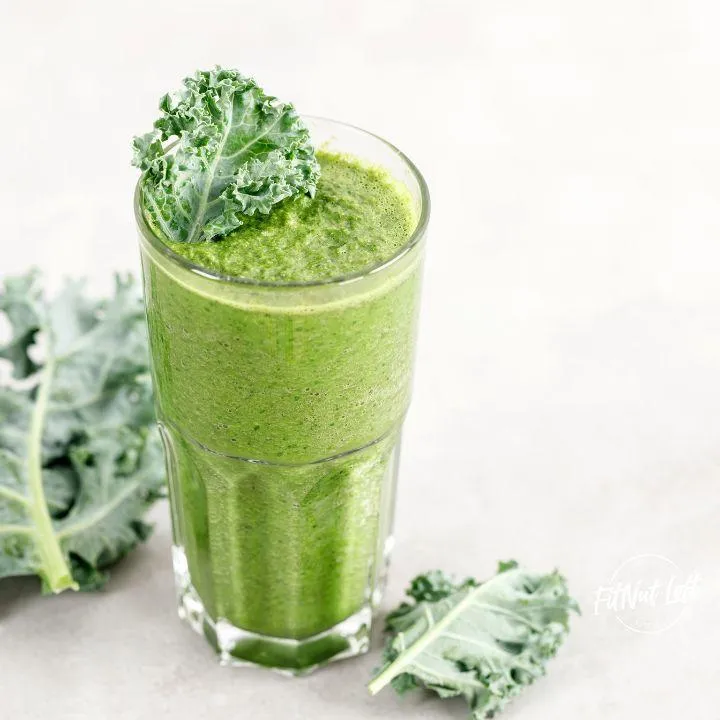Call or Text:
+6586868299
Blog & Articles

How to Rebuild Your Strength After Breast Cancer with Proper Nutrition
After breast cancer treatment, your body has been through a lot. Surgery, chemotherapy, and radiation take a significant toll, and recovery can feel like an uphill battle. One of the most important tools in your recovery arsenal is nutrition. The right foods can help you heal faster, rebuild your strength, boost your energy, and improve your overall well-being.
As a breast cancer survivor, I know firsthand how crucial nutrition is during the recovery process. When I was undergoing treatment, my body felt weak, drained, and in need of serious repair. But through proper nutrition—packed with protein, antioxidants, and hydration—I was able to regain my strength and energy. Today, I want to share the nutritional tips that helped me, so you can feel empowered and nourished on your own recovery journey.
Why Nutrition is Key to Recovery
After breast cancer treatment, your body is in healing mode. While treatment fights cancer cells, it can also impact healthy cells, leaving your body in need of repair. This is where nutrition plays a vital role. Eating the right foods helps:
Support your immune system: Proper nutrition provides essential nutrients that help your body fight off infections and repair damaged tissues.
Rebuild strength and muscle: Protein is crucial for muscle repair and maintenance, which is especially important after long periods of inactivity during treatment.
Boost energy levels: Eating nutrient-dense foods can restore your energy, helping you overcome the fatigue that’s common after cancer treatment.
Top Nutritional Tips for Breast Cancer Recovery
1. Focus on Protein-Rich Foods
Protein is the building block of muscle, and after treatment, you’ll need to rebuild and repair muscle mass that may have been lost. Additionally, protein helps your body repair tissues, supports immune function, and provides the energy you need to feel strong again.
Protein-rich foods to include:
Lean meats: Chicken, turkey, and lean cuts of beef or pork.
Fish: Fatty fish like salmon and mackerel are high in protein and also contain omega-3 fatty acids, which help reduce inflammation.
Eggs: A versatile and complete source of protein.
Plant-based proteins: Beans, lentils, chickpeas, quinoa, and tofu are great options if you prefer plant-based meals.
Dairy or dairy alternatives: Greek yogurt and cottage cheese offer protein and probiotics, which support gut health.
During my recovery, I made it a point to incorporate protein into every meal. Whether it was a smoothie with protein powder and Greek yogurt for breakfast, or a lean chicken salad for lunch, making protein a priority helped me feel stronger faster.
2. Include Antioxidant-Rich Foods
Antioxidants are powerful compounds that help fight free radicals, which can damage cells. After cancer treatment, incorporating antioxidant-rich foods into your diet is crucial to help your body heal and reduce inflammation.
Foods rich in antioxidants:
Berries: Blueberries, strawberries, and raspberries are packed with antioxidants like vitamin C and anthocyanins.
Leafy greens: Spinach, kale, and Swiss chard provide antioxidants as well as fiber and important vitamins like folate.
Nuts and seeds: Almonds, sunflower seeds, and flaxseeds are excellent sources of vitamin E and selenium, which help support immune health.
Bright-colored vegetables: Carrots, sweet potatoes, and bell peppers are high in beta-carotene, a powerful antioxidant.
Green tea: Rich in polyphenols, green tea is an excellent way to boost your antioxidant intake.
During treatment, my energy was low, and eating antioxidant-rich foods helped me feel more refreshed and nourished. Berries became my go-to snack, and I made sure to incorporate plenty of colorful vegetables in every meal.
3. Stay Hydrated
Hydration is often overlooked, but it’s a critical part of recovery. Chemotherapy and radiation can lead to dehydration, and staying properly hydrated helps flush out toxins, improve digestion, and support overall health.
Hydration tips:
Water: Aim for at least 8 cups of water a day. Keep a water bottle with you to remind yourself to sip throughout the day.
Herbal teas: Peppermint or chamomile tea can be soothing and hydrating without caffeine.
Fruits and vegetables: Many fruits and vegetables, like cucumbers, watermelon, and oranges, are high in water content, making them a great hydration option.
Broths and soups: These can be especially nourishing if you’re not feeling up to eating solid foods.
During my treatment, I struggled with drinking enough water, so I started adding lemon slices or cucumber to make it more appealing. I also relied on hydrating foods like soups and smoothies when my appetite was low.
4. Prioritize Whole Grains
After cancer treatment, your body needs steady energy to recover, and whole grains are a great source of complex carbohydrates. They provide long-lasting energy, fiber, and essential nutrients to support your recovery process.
Whole grains to include:
Quinoa: A complete protein and excellent source of fiber.
Brown rice: Provides complex carbohydrates for sustained energy.
Oats: Rich in fiber and iron, helping to keep you full and energized.
Whole grain bread and pasta: Choose whole grain versions for better nutrition and fiber content.
During my recovery, I found that adding whole grains like quinoa to salads or enjoying a bowl of oatmeal for breakfast gave me the sustained energy I needed throughout the day.
5. Healthy Fats for Recovery
Healthy fats are essential for reducing inflammation, supporting brain function, and aiding in the absorption of vitamins. Omega-3 fatty acids, in particular, are known for their anti-inflammatory properties, which can help your body heal faster after treatment.
Sources of healthy fats:
Avocados: High in heart-healthy fats and fiber.
Nuts and seeds: Almonds, walnuts, chia seeds, and flaxseeds provide healthy fats and omega-3s.
Olive oil: Rich in monounsaturated fats and perfect for salad dressings or cooking.
Fatty fish: Salmon, mackerel, and sardines are excellent sources of omega-3s.
Incorporating healthy fats helped me maintain energy levels and support my recovery. I often added avocado to my meals and used olive oil as my primary cooking fat.
Final Thoughts: Your Nutrition is Your Strength
The road to recovery after breast cancer isn’t easy, but nourishing your body with the right foods can make all the difference. Whether it’s incorporating more protein, antioxidant-rich fruits and veggies, or staying properly hydrated, nutrition is a powerful tool that will help you regain your strength and energy.
Just as it did for me, proper nutrition can give you the strength and vitality you need to feel like yourself again. It’s about rebuilding—not just physically but emotionally—so you can live life to the fullest after cancer.
Need Personalized Nutrition Advice for Your Recovery?
If you’re looking for support in your recovery journey, I’m here to help. At FitNut Loft, we offer personalized nutrition plans that cater to your unique needs, helping you regain strength, energy, and confidence after breast cancer treatment.
Book a Free Consultation today, and let’s work together to rebuild your strength and well-being.

